Heart attack and cardiac arrest are often confused, but they are two distinct medical emergencies that require different responses. Understanding the difference between these conditions can be life-saving, as both require immediate medical attention but for different reasons. Here's a breakdown of each, their causes, symptoms, and what to do in case of an emergency.
Welcome to the
Cardiovascular
Community
Welcome to our journal. Here you can find the latest Clinical Trials insights and articles.
Join Upcoming Event
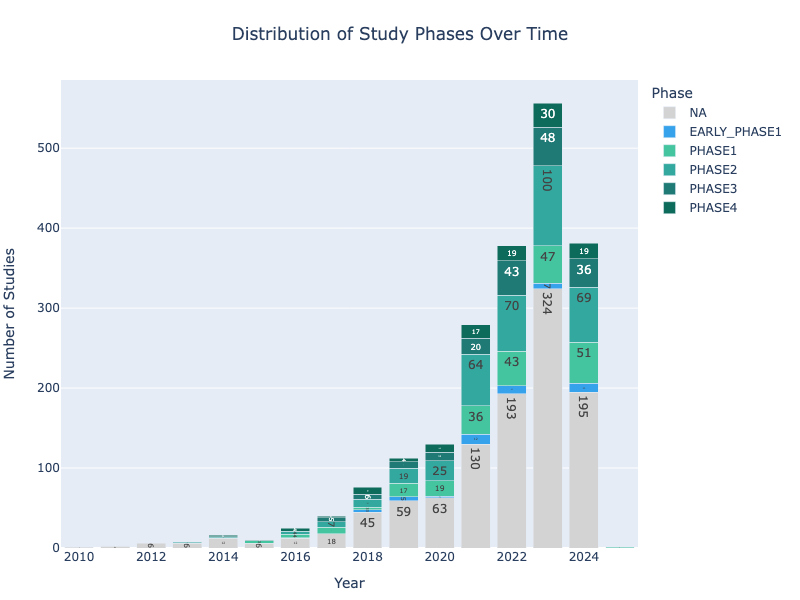
Congestive heart failure (CHF), commonly referred to as heart failure, is a chronic condition where the heart becomes weakened and cannot pump blood efficiently enough to meet the body’s needs. This leads to a buildup of fluid in the lungs, liver, abdomen, and lower extremities, resulting in a wide range of symptoms that can affect a person’s quality of life.
Congestive heart failure (CHF), also known simply as heart failure, is a chronic condition where the heart struggles to pump blood efficiently. This leads to a buildup of fluid in various parts of the body, causing symptoms like shortness of breath, fatigue, and swelling. But what causes the heart to weaken or lose its pumping ability? Let’s explore the primary causes of CHF and understand how these factors contribute to the development of this condition.
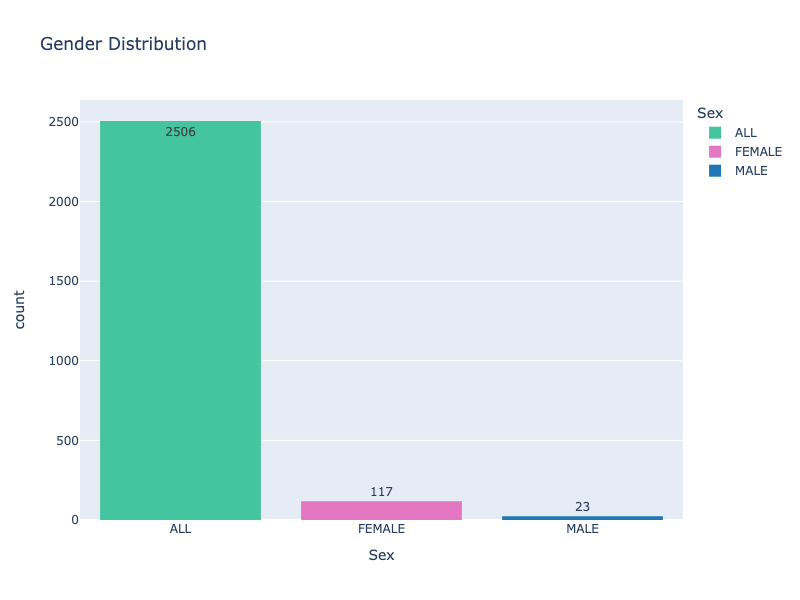
Congestive heart failure (CHF) is a complex condition that primarily affects the heart’s ability to pump blood, but its effects extend far beyond the cardiovascular system. As CHF progresses, it impacts various body systems, leading to a range of symptoms and complications. Understanding how CHF affects different parts of the body can help patients and caregivers manage the condition more effectively.
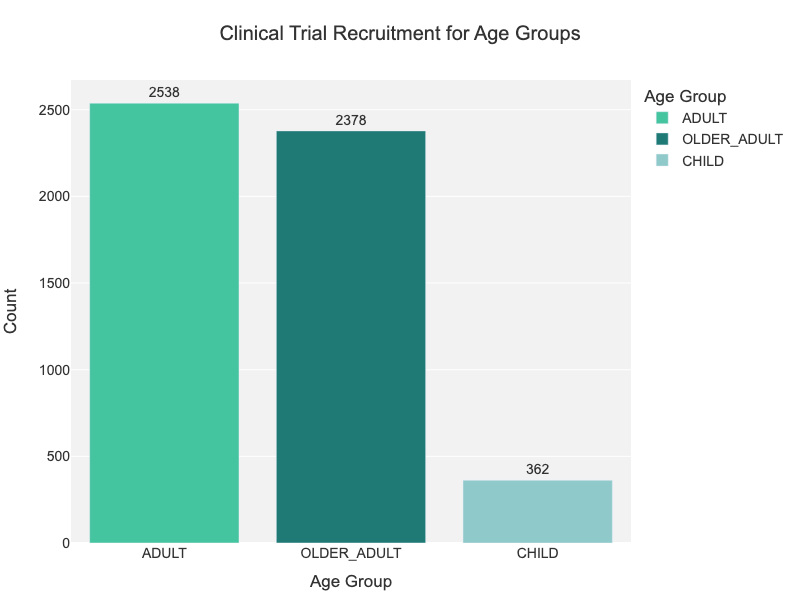
Congestive heart failure (CHF) is a chronic and progressive condition that primarily affects the heart’s ability to pump blood, but as the disease worsens, it can lead to failure in other organs. Organ failure occurs when one or more organs stop functioning properly due to the inadequate blood supply and oxygen delivery caused by CHF. As the heart's ability to pump blood decreases, the body's organs receive less oxygen and nutrients, which may result in long-term damage or failure.
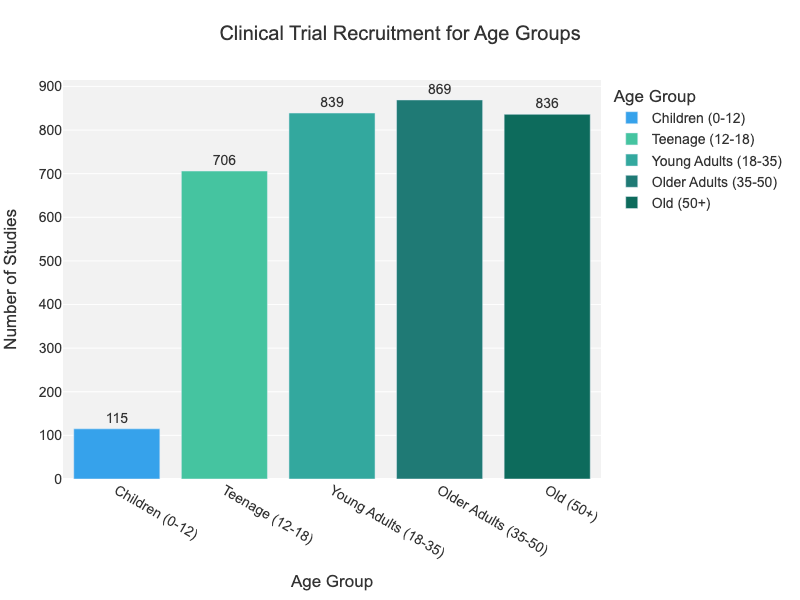
Cardiomyopathy refers to a group of diseases that affect the heart muscle, causing it to become enlarged, thick, or rigid. Over time, cardiomyopathy can weaken the heart and make it harder for it to pump blood efficiently throughout the body. In severe cases, cardiomyopathy can lead to heart failure or other life-threatening complications such as arrhythmias (irregular heartbeats) or sudden cardiac arrest.
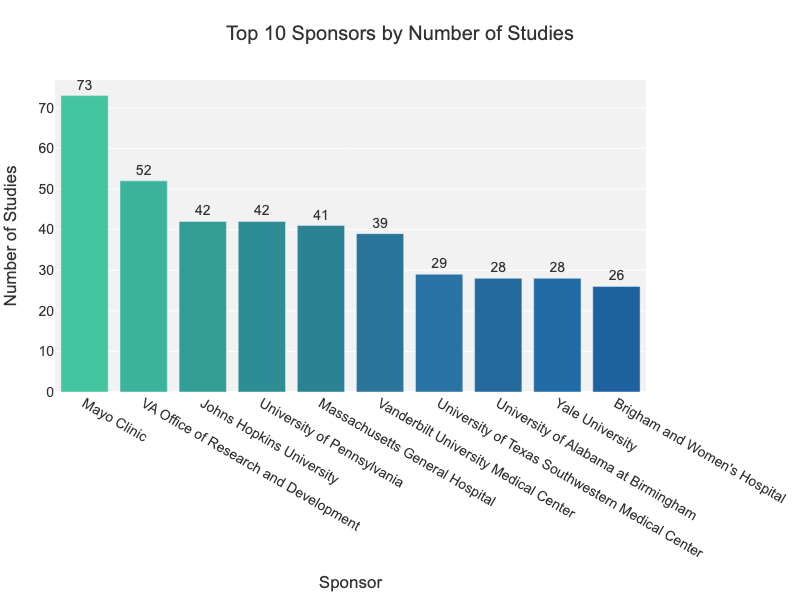
Arrhythmias, also known as irregular heartbeats, occur when the electrical impulses that coordinate your heartbeat don’t work properly. This causes the heart to beat too fast, too slow, or erratically. Arrhythmias can range from harmless to life-threatening, depending on their cause and how they affect the heart’s ability to pump blood effectively.
Cardiomyopathy is a group of diseases that affect the heart muscle, impairing its ability to pump blood effectively. Over time, cardiomyopathy can lead to heart failure, arrhythmias, or even sudden cardiac arrest. The condition may be inherited or acquired and varies in severity depending on the type and underlying causes. Early detection is essential for managing symptoms and slowing the disease’s progression.
Hypertrophic cardiomyopathy (HCM) is a genetic heart condition where the heart muscle, particularly the left ventricle, becomes abnormally thickened. This thickening can make it harder for the heart to pump blood effectively, leading to various symptoms and complications. HCM is one of the most common inherited heart diseases and can be life-threatening in severe cases.
The thickening of the heart muscles, also known as hypertrophy, can be caused by various factors, both genetic and non-genetic. When the heart muscle thickens, it typically affects the left ventricle, the heart’s main pumping chamber. This thickening makes it more difficult for the heart to pump blood efficiently, leading to potential complications like heart failure, arrhythmias, or obstructed blood flow.
Hypertrophic cardiomyopathy (HCM) is a genetic heart condition characterized by the abnormal thickening (hypertrophy) of the heart muscle, particularly the walls of the left ventricle, the heart's main pumping chamber. This thickening makes it harder for the heart to pump blood efficiently, which can lead to various symptoms and complications, including heart failure and arrhythmias.